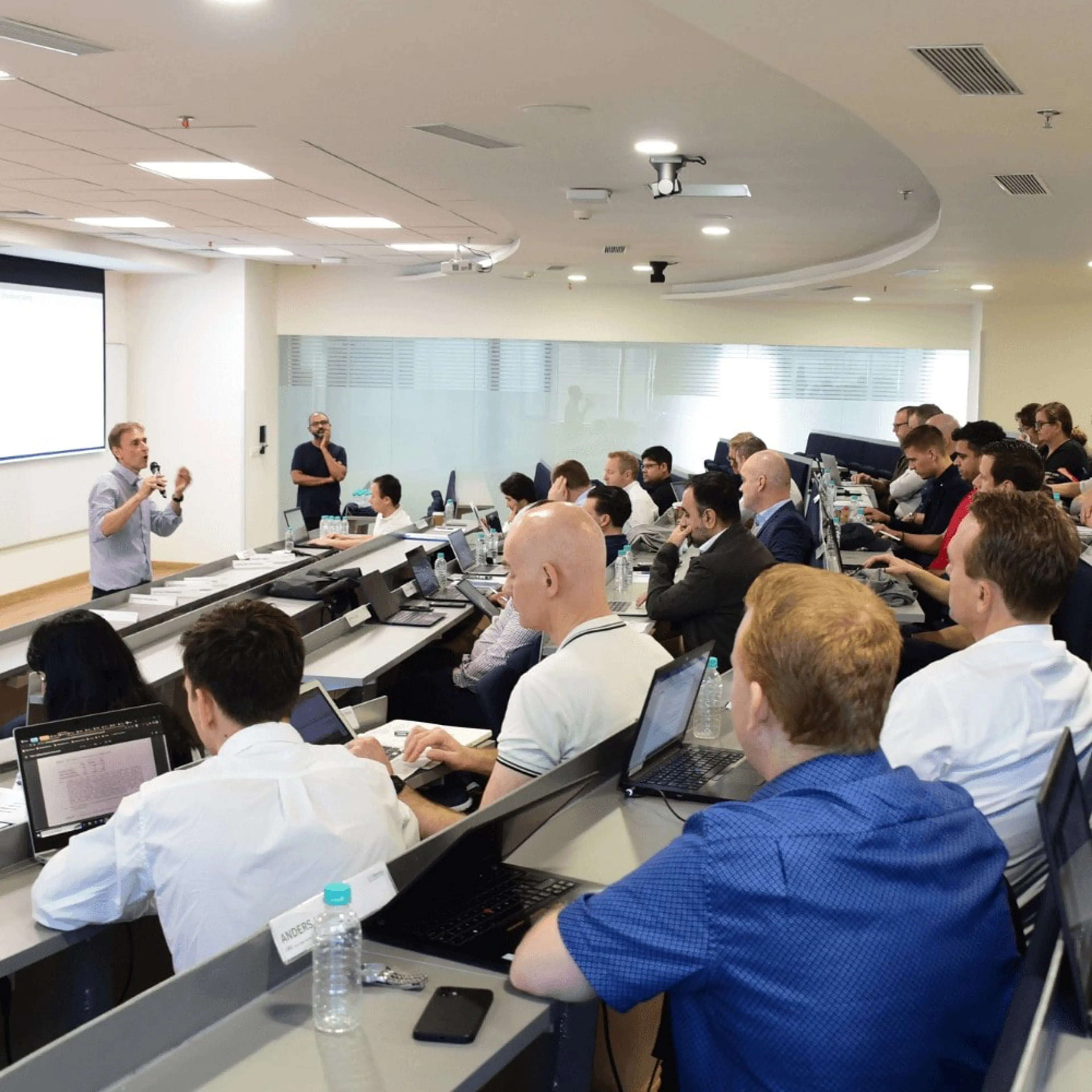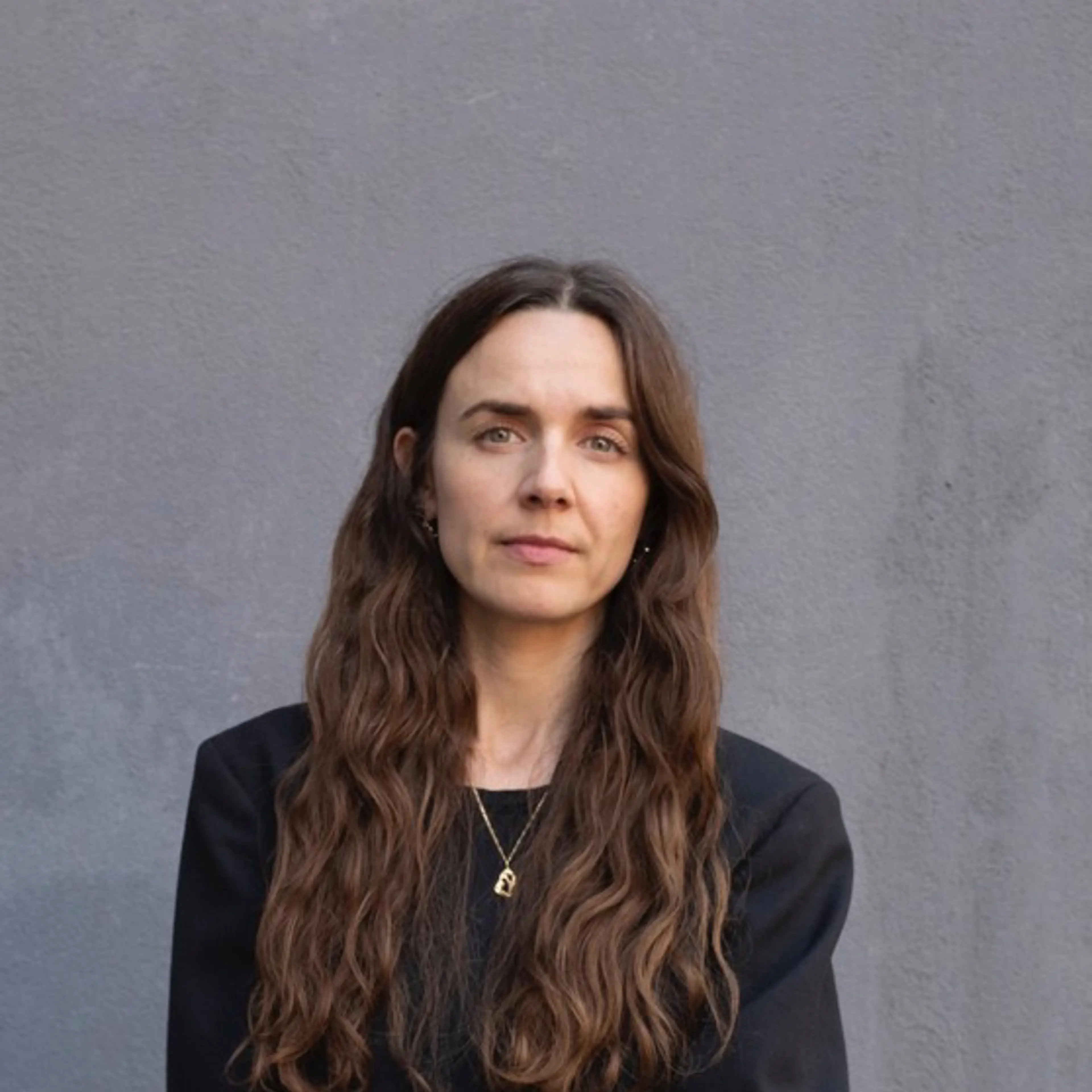Executive MBA programmes have been growing rapidly (according to AACSB International 68%) over the past decade to meet the increasing demand of higher education for business leaders. With the increasing amount of Executive MBA offers, it can be overwhelming to identify a suitable programme. The Financial Times Executive MBA ranking is a valuable tool to compare the top tire programmes and to get a better overview. Different criteria are used to rank the programmes, but most weight is put on the points earned from the average salary, the salary increase, careers progress, work experience, aims achieved, female faculty, female students and more. To view the Financial Times EMBA Ranking methodology and weights for the ranking criteria, please click here.
“Our Executive MBA programme has adapted quickly in response to turbulent global realities. We cater to executive professionals that recognise the importance of lifelong learning and the need to establish a reliable and diversified network” says Poul Hedegaard, MBA Director at CBS. This accelerates the career progression, so that for instance the salary of CBS Executive MBA graduates increases by 42% on average over the three years after the graduation
Work experience is measured by the pre-EMBA work experience of alumni according to the seniority of positions held, number of years in each position, organisation size and overseas work experience.


